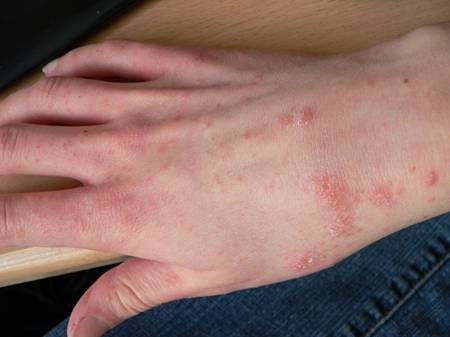
‘Fighting the menopause’: a survey suggests acupuncture can curb the severity of hot flushes and also relieve mood swings
Acupuncture can help women suffering from the most common symptoms of the menopause, it is claimed.
A study suggests the ancient Chinese needle therapy can curb the severity of hot flushes and also relieve mood swings among women receiving it regularly.
Hot flushes can suddenly produce an uncomfortable feeling of intense heat, while frequent flushes at night can disrupt sleep.
The symptoms are caused by the dilation of blood vessels in the skin and are linked to hormone imbalances, but they are still not fully understood.
Medication proven to combat flushes includes Hormone Replacement Therapy and some antidepressants, which appear to damp down the body’s blood vessel system.
In the study, which was published in the journal Acupuncture in Medicine, Turkish researchers looked at 53 menopausal women.
Twenty seven received acupuncture twice a week for ten weeks. this involved placing needles at certain points on the body to boost energy and release endorphins, the body’s natural painkillers.
The remaining volunteers were given ‘dummy’ acupuncture with blunted needles.
At the end of the trial, those receiving genuine treatment had lower scores for the intensity of the hot flushes and mood swings they experienced – which progressively improved over the treatment period – compared with those given dummy needles.
The researchers said the effect on endorphins might curb flushes by stabilising the body’s temperature controls, but they were unable to say how long the effect lasted after treatment finished.
The researchers admit the trial was small but claim the complementary therapy could be worth trying for menopausal women unable or unwilling to use HRT.
In a different study, from Norway, women reported a reduction in frequency and intensity of hot flushes both by night and by day having used acupuncture for 12 weeks.
However David Sturdee, president of the International Menopause Society, said: ‘the evidence is not strong from previous studies and this a small trial.
‘we need to have much bigger numbers to prove this really can help women going through the menopause.’